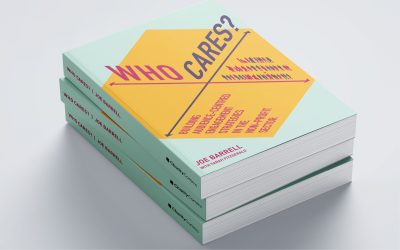Audience research is a fragile thing.
An excerpt from our book, ‘Who Cares?’
The wording you choose for your questions, the order you ask them in, or even – in the case of a survey – how they’re laid out on the page can have a significant influence on the results you get back.
Some people might respond to your questions in ways that appear contradictory or implausible, and while these results – however puzzling – will often be valid (humans are irrational – get over it), equally they can be distorted by a poorly executed survey or focus group.
There are countless best practices you can learn from to make your research as robust as possible, and if you’re interested in getting good at this, I’d urge you to read around it as much as you can. Meanwhile, here are some points to get you started.
—
More news
Tomorrow’s Donor, Today! Learn more about what motivates tomorrow’s donor
How can you learn more about tomorrow’s donor and what motivates them? This report delves deeper into what ‘doing good’ means for new generations, and unveils the changes needed to inspire their support.
Who Cares? Read our book on audience-centred engagement strategies
In the midst of rapid social and political upheaval, charities and NGOs are facing new and unfamiliar challenges. We wrote the book on audience-centred engagement strategies.
Charities: Don’t Start with Why
When Simon Sinek published his 2009 book, ‘Start with Why’, his central premise was that people won’t truly buy into a product, service, or idea unless they understand the ‘why’ behind it.

